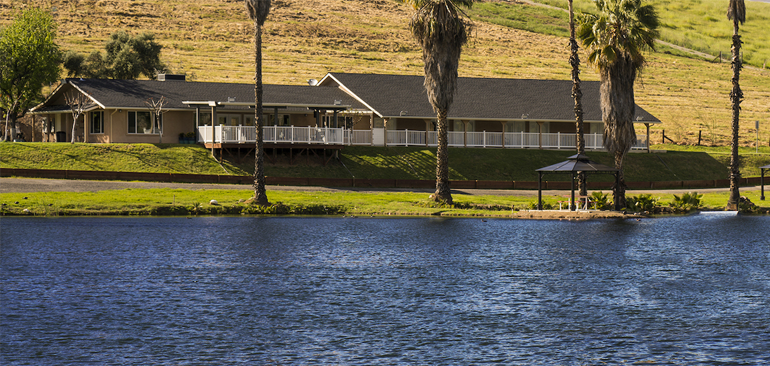A stroke can happen to anyone, anytime. Stroke leads to many types of disability, and recovery from a stroke can be quick or last years. When recovering from a stroke, you need a rehabilitation team that is skilled, patient, and creative with decades of experience treating the many different effects a stroke can have on your body and mind.
Sierra Care is a subacute rehabilitation center; we are focused on the care of patients who have been released from the hospital but require more medical care, therapies, and treatments during their recovery. If you or a loved one has experienced a stroke of any type, the services offered at Sierra Care will help you return to your life before your stroke.
The therapists and medical specialists working at Sierra Care are not only extremely skilled, but compassionate, kind, patient, and focused on your recovery. These traits are critical to your mental well-being and your physical recovery after a stroke. Everyone working at Sierra Care is dedicated to providing the best possible care during this extremely vulnerable time in your life.
Stroke rehabilitation is different for every patient. The focus of therapy is on a variety of exercises, tasks, and treatments provided by a large number of different therapists. The second part of stroke rehabilitation is focused on preventing future strokes and other medical conditions.
A stroke can affect any part of the body; because of this, almost all patients who have a stroke will have at least one meeting with each of the therapists listed below. If these therapists find an issue in their area of expertise, they will recommend multiple exercises and activities.
It is difficult to predict how long therapy will be required and what therapies will be needed for any one patient. This is why a skilled team that communicates well and is focused on your care is so critical to stroke recovery. Each of these therapists is within the Sierra Care system, ensuring rapid and effective communication and sharing of medical records.
Just as important as treating a stroke is preventing more strokes and other medical issues. Patients living with the effects of a stroke have a dramatically higher risk of diabetes, high blood pressure, high cholesterol, heart disease, and dementia. Ensuring that patients are connected with the following medical specialists is extremely important:
Just as communication between therapists is critical to therapy after stroke, communication between these medical specialists is also critical. Sierra Care has case managers and coordinates who ensure communication between all of these specialists, ensuring that nothing is missed, and helping you avoid future medical issues.
A stroke damages areas of the brain that control the body; they also damage the connections between these areas. Stroke rehabilitation creates new pathways within the brain to restore the connections between the undamaged areas of the brain. These connections are made by promoting repetitive motions, thought patterns, and sensations. Other therapies are focused on adapting to the damage that cannot be healed. Multiple studies have shown that specialized stroke rehabilitation dramatically improves the function of the body after a stroke.
Stroke can lead to a wide variety of effects, many of which can be dramatically improved with therapy. Some of the most common effects of a stroke that are often improved with therapy are:
There are several stages of stroke recovery that are focused on recovery from the weakness and paralysis that are commonly seen after a stroke. These stages are:
Each of these stages needs to be supervised by a therapist. There are several specific exercises that are extremely important to ensure that recovery continues. Since every area of the body is different, skilled and experienced physical and occupational therapists are critical.
There are different settings that the therapies for stroke recovery occur in. Almost all patients with a serious stroke spend time in the hospital, getting small amounts of daily physical therapy and visits from specialists to ensure that they are able to leave the hospital. After the stay in the hospital, there are several places that patients are sent to for additional therapy:
Sierra care provides all of the services above with the exception of inpatient acute therapy, which is only provided by large specialized hospitals. Click this link for more details on our services and levels of care. If you or someone you know is recovering from a stroke and could benefit from our services, click this link, and we will contact you for more information.
For more information on the different levels of care and which would be most appropriate for you or your loved one, click this link to see our guide on the differences between the levels of care that are available after leaving the hospital.

Stroke recovery takes patience, dedication, and creativity from both patients and their therapists. The staff at Sierra Care provides these things and more, helping you focus all your energy on your recovery. At Sierra Care, you will never have to worry about who is caring for you.

Sierra Care has facilities located throughout central California. Our modern, spacious, and clean facilities are located in beautiful areas with indoor and outdoor common areas. Environment is very important for both physical and mental health. Sierra Care’s facilities provide a perfect backdrop for your recovery.
Sierra Care’s stroke rehabilitation services work 24 hours a day, 7 days a week. Our teams of nurses, therapists, and doctors work as a team to speed your recovery and help with all steps of your recovery.